Description
“In these reflections on exile, literature, social phenomena and daily life, Michael Blumenthal uses his exceptional powers of observation to look at Central Europe from an American perspective, and review America from a Hungarian vantage point. Mr.Blumenthal has a poet’s eye for the telling detail, an expatriate’s appreciation for cultural paradox, and the passion to see beyond both, to the salient heart of human and political dilemmas. This is a wise, witty book that, in the guise of occasional essays, throws an unexpected light on many important issues today.” -Eva Hoffman, Exit into History
Michael Blumenthal holds the Darden Distinguished Endowed Chair in Creative Writing at Old Dominion University. He is author of eight other poetry books, one novel, one memoir, an essay collection, and translations of poems by Peter Kantor. Publications include The New Yorker, and Paris Review. A graduate of Cornell Law School and formerly Director of Creative Writing at Harvard, he is the author of No Hurry: Poems 2000-2012 (Etruscan Press). the memoir All My Mothers and Fathers (Harper Collins, 2002), and of Dusty Angel (BOA Editions, 1999), which won the Isabella Gardner Poetry Award. His collection of essays from Central Europe, When History Enters the House, was published in 1998. A frequent translator from German, French and Hungarian, he practices psychotherapy with Anglophone expatriates in Budapest and spends summers at his house in a small village near the shores of Lake Balaton in Hungary. In May of 2007, he spent a month in South Africa working with orphaned infant chacma baboons at the C.A.R.E. foundation in Phalaborwa, an experience about which he has written for Natural History and The Washington Post Magazine. He is currently a Visiting Professor of Law at the West Virginia University College of Law, where he has taught since 2009.
BOOKS FROM PLEASURE BOAT STUDIO:
Because They Needed Me: Rita Miljo and the Orphaned Baboons of South Africa
More on Blumenthal~
https://www.poetryfoundation.org/poets/michael-c-blumenthal:
“I write poetry,” Blumenthal once commented, “quite unashamedly, because I believe, as Howard Nemerov has said, that ‘the beautiful is still among the possible,’ and that it redeems us…”
“Vendler pointed out that while Blumenthal’s subjects, such as the Holocaust or mental doubt, might be termed “tragic,” the approach he takes in his poetry creates “poems exhilarating to read, full of lifts and turbulence.” Blumenthal’s later books have also been praised for their gentle wit and penetrating insight.”
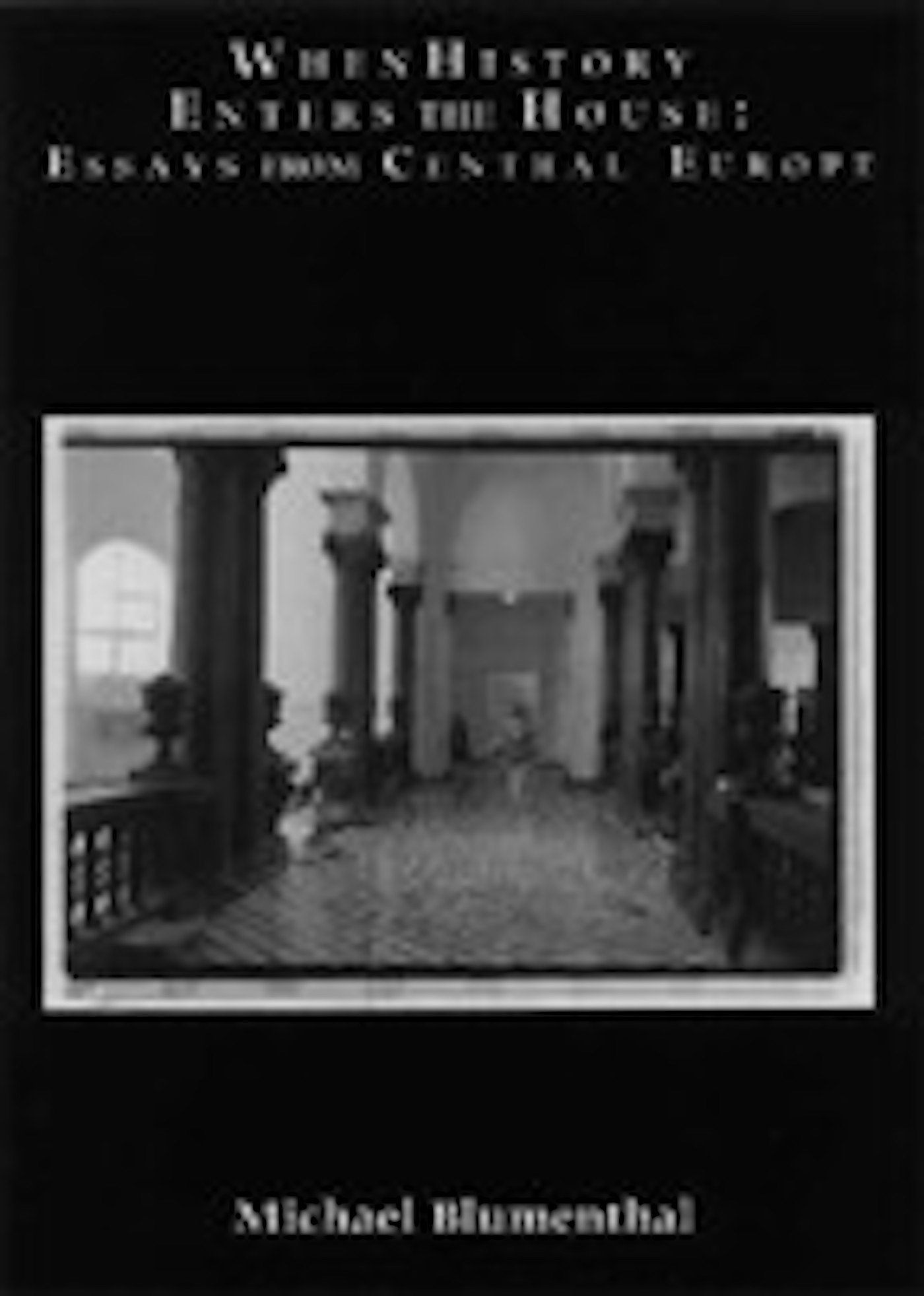
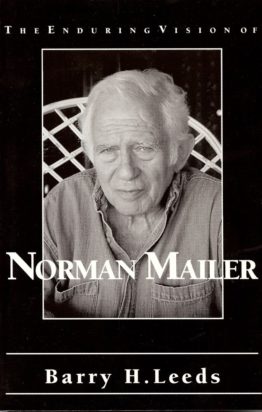
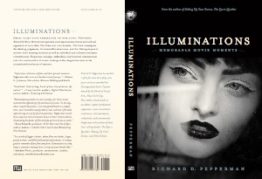
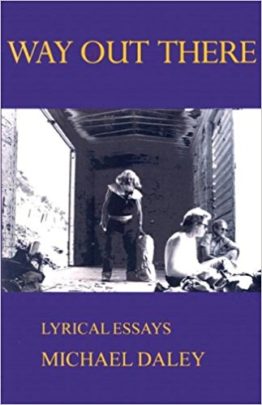
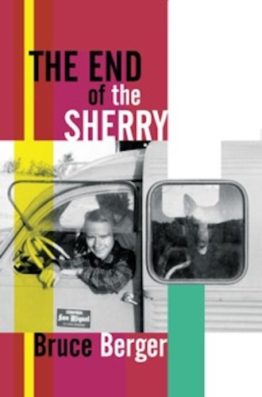
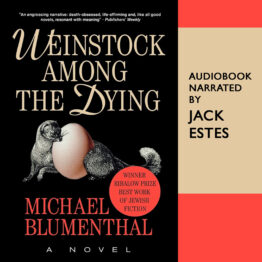
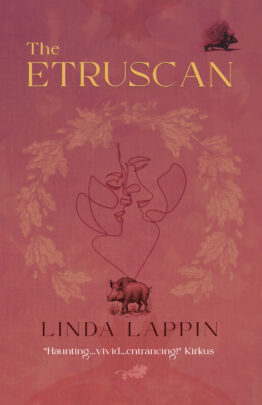
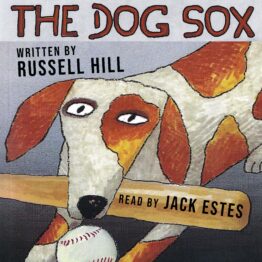
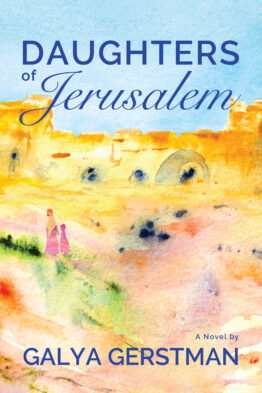
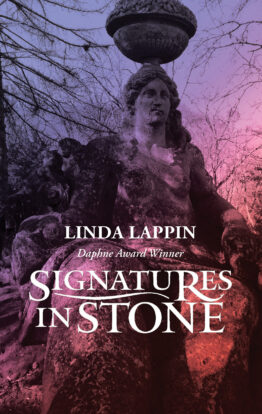
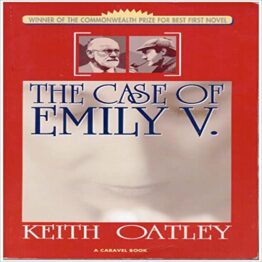
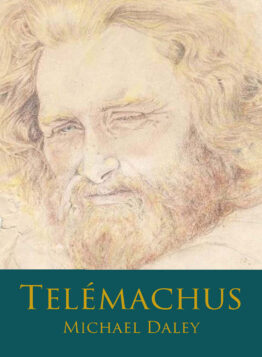
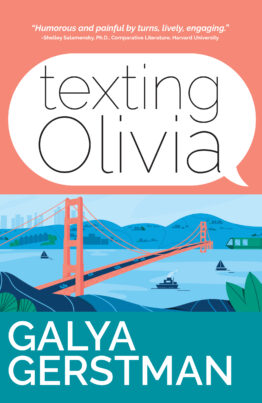

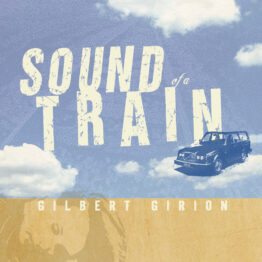
ngyalfold, Amazon reader –
Pleasant reading, especially for lovers of Budapest. Fair observations and praiseworthy sympathies for magyar feelings, without going native. The emphasis on the fate, and loyalty, of Hungary’s Jews is worth noting and provides much food for thought.
Sacvan Bercovitch, Harvard University –
“A vivid, poignant, unforgettable panorama of Central Europe in the mid-1990’s. Michael Blumenthal, a leading American poet and novelist, has written a brilliant series of sketches, lyrical, incisive, empathetic, funny, and wise–at once deeply personal and full of insight–about a fascinating world in transition from a haunted and haunting past to the modern Hustle.”
Phillip Lopate, The Art of the Personal Essay –
“It’s a delight to listen to the voice of Michael Blumenthal in these essays: He is such an astute observer, honest and wry commentator, and reliable companion. His bi-focaled vision of Hungary and America is indeed eye-opening. A satisfying collection.”
Tibor Frank, Director, American Studies Center, Etvs Lornd University, Budapest –
“Michael Blumenthal went to Hungary almost by chance and now, after several years, he seems to have been almost fatally attracted to her. From the forty essays of this book Budapest emerges not as a casual flirt of a foreigner but more like a major and encompassing love affair. The passionate yet tender evocation of a Central Europe that perhaps only the alien poet can see so clearly elevates these pieces from journalism into poetry. The Hungary of the early 1990s is captured here with the self-invented nostalgia of someone who suddenly realizes that he has found his home there, as have so many American authors in great European cities, from Paris to Berlin and London to Rome. Budapest appears in Blumenthal’s mirror as beautiful and dirty, challenging and backward, politicized and poetic, a thing of the past and, increasingly, of the present. Published in book format for the first time, Blumenthal’s essays present a reemerging, world-class city and its great culture in an unusual, delicate form. A must for all who have enough of cliches on ‘Eastern’ Europe.”